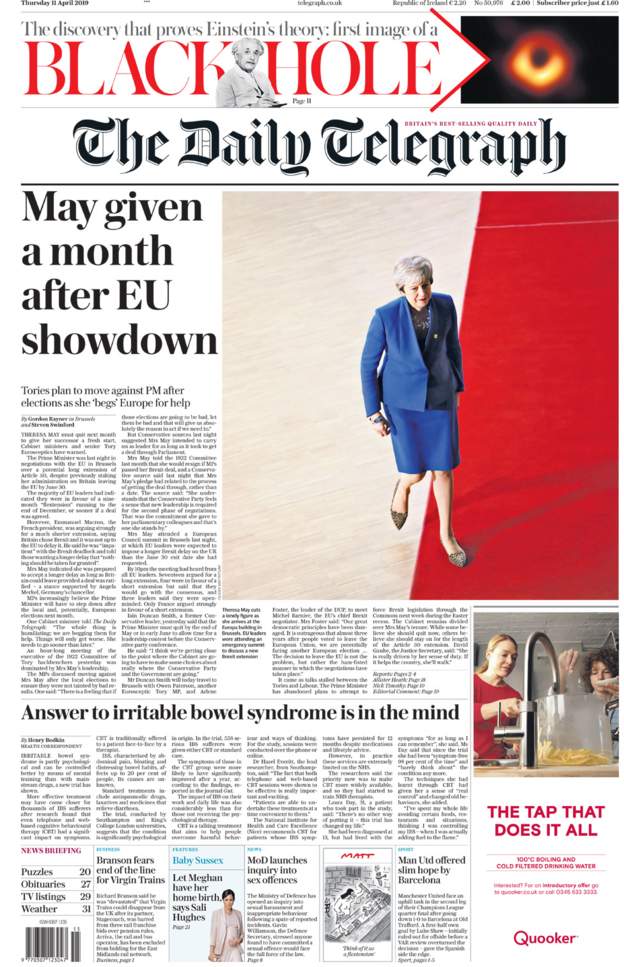Esther12
Senior Member (Voting Rights)

https://www.telegraph.co.uk/science...bowel-syndrome-psychological-new-study-shows/
https://www.dailymail.co.uk/health/...rapy-cure-IBS-better-drugs-study-reveals.html
https://www.chroniclelive.co.uk/news/uk-news/talking-therapy-better-drugs-irritable-16108042
Press release with a link to the paper for when embargo has lifted (it seems it hasn't yet). Note the use of selected anecdotes from trial participants - this way they get to choose the voice of patients: https://www.eurekalert.org/pub_releases/2019-04/uos-ccp041019.php
This is the trial: https://www.southampton.ac.uk/psychology/research/projects/actib.page
ISRCTN registration only mentions self-report questionnaires as outcomes: http://www.isrctn.com/ISRCTN44427879?q=&filters=recruitmentCountry:United Kingdom,conditionCategory
Given the media coverage, Science Media Centre spin wouldn't surprise me, but no sign of it yet.
Edited additions:
Science Media Centre: http://www.sciencemediacentre.org/c...therapy-cbt-for-irritable-bowel-syndrome-ibs/
BBC: https://www.bbc.co.uk/news/health-47884038
And Guardian: https://www.theguardian.com/society/2019/apr/11/therapy-phone-online-help-people-ibs-study
However, the team added IBS is not a mental health problem, and the benefits seen were not primarily down to a reduction in anxiety and depression – although some participants did show such improvements.
Are we now going to get some pained articles about "all we did was conduct a trial likely to exaggerate any benefits of psychological therapies and then promote our results to the media with anecdotes about how life-changing our treatment was... how could that have led to appalling headlines about how the answer to IBS is 'in the mind'?!"
Editing in some new (to me) coverage:
https://www.thesun.co.uk/news/8838369/ibs-psychological-treatment-mental-training/
https://www.independent.co.uk/news/health/ibs-irritable-bowel-syndrome-cbt-therapy-nhs-a8864156.html
https://www.huffingtonpost.co.uk/en...earchers-think-so_uk_5caefbece4b0a983fce462d0
Something from the NHS's Behind the Scenes that mentions problems with drop-out, but nothing else:
https://www.nhs.uk/news/lifestyle-a...ptoms-irritable-bowel-syndrome-reports-study/
Last edited:
